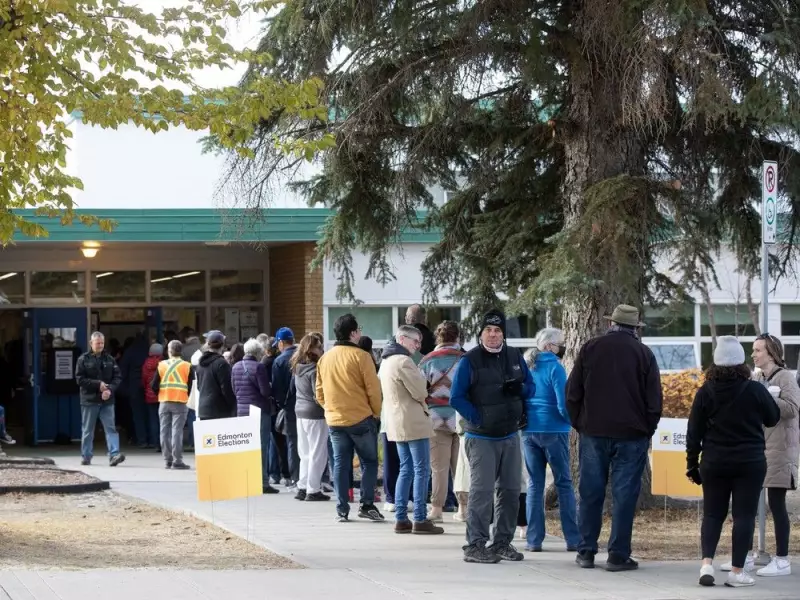
Recent changes to Alberta's electoral rules are facing intense criticism following reports of widespread voter confusion and accessibility issues during the provincial election. The United Conservative Party's election reforms have come under fire for creating what many are calling unnecessary barriers to democratic participation.
Voters across the province reported numerous challenges attempting to cast their ballots, with many citing confusing identification requirements and limited voting options. The elimination of certain voting methods and tightened restrictions appear to have disproportionately affected specific demographics, including seniors, students, and residents in remote communities.
What Changed in Alberta's Voting Process?
The controversial reforms introduced several significant changes to Alberta's electoral system:
- Stricter identification requirements that excluded some previously accepted documents
- Reduced advance voting opportunities in many constituencies
- Elimination of certain special ballot options that benefited mobile populations
- Limited provisions for voters with disabilities or mobility challenges
Impact on Voter Turnout and Democratic Participation
"These changes created a perfect storm of voter suppression," noted one political analyst. "When you combine confusing new rules with reduced accessibility, you inevitably disenfranchise legitimate voters who simply want to participate in democracy."
Election observers documented numerous cases of would-be voters being turned away from polling stations due to technicalities in the new identification requirements. Many reported that election workers themselves seemed unclear about the updated rules, leading to inconsistent application across different voting locations.
Calls for Electoral Reform Review
Civil liberties organizations and opposition parties are demanding a comprehensive review of the election rule changes. They argue that any electoral reform should prioritize increasing participation rather than creating additional hurdles for voters.
The controversy highlights the delicate balance between election security and accessibility. While preventing voter fraud remains important, critics argue the UCP's approach may have sacrificed too much in terms of democratic inclusion.
As Alberta reflects on this election experience, the debate continues about how to ensure future elections are both secure and accessible to all eligible voters. The outcome of this discussion could shape the province's democratic process for years to come.





